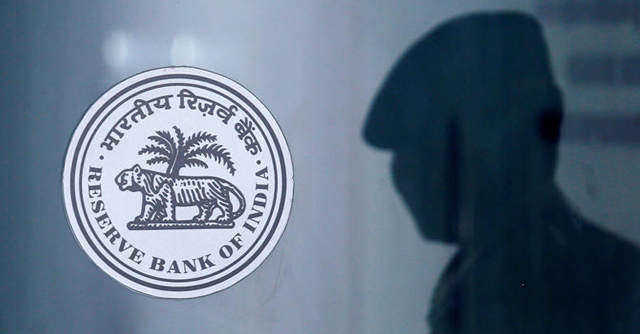
RBI to let certain non-banks handle NEFT, RTGS payments


In a boost to digital payments adoption, the Reserve Bank of India (RBI) on Wednesday extended membership of its Centralised Payment Systems (CPS) for real-time gross settlement (RTGS) and National Electronic Funds Transfer (NEFT) payments to non-bank payment system operators.
The membership, currently limited to banks, will enable RBI regulated prepaid payment instrument (PPI) issuers, card networks, white label automated teller machine (ATM) operators and Trade Receivables Discounting System (TReDS) platforms to join the CPS.
This move is expected to minimise settlement risk in the financial system and enhance the reach of digital financial services to all user segments, RBI Governor Shaktikanta Das said, in reference to the central bank’s Monetary Policy Committee (MPC) decisions.

“Allowing non-banks membership to CPS systems like RTGS and NEFT will mitigate risk on financial systems while accelerating digital penetration among the masses, and increasing payment transfer options for customers,” Mandar Agashe, founder and managing director at Sarvatra Technologies, said in a statement.
Pune based Sarvatra offers cloud computing platforms in the co-operative banking sector.
The MPC also proposed to make interoperability mandatory for full-KYC PPIs and for all payment acceptance infrastructure.

Late 2018, it had issued guidelines for adoption of interoperability on a voluntary basis, however the said migration has not been significant, Das said.
To incentivise the currently mandated migration, MPC has further proposed to increase the current limit on outstanding balance in such PPIs from Rs 1 lakh to Rs 2 lakh.
Additionally, the MPC proposed to allow cash withdrawals for full-KYC PPIs of non-bank PPI issuers, to bring uniformity. “This measure, in conjunction with the mandate for interoperability, will boost migration to full-KYC PPIs and would also complement the acceptance infrastructure in Tier III to VI centres” Das said.

At present, cash withdrawal is allowed only for full-KYC PPIs issued by banks.
“RBI seems to be creating a viable business case for NUE with these announcements. There is a conscious effort to minimize fault lines and remove friction between payment system operators and payment service providers,” Sharat Chandra, a Blockchain and emerging technologies evangelist, told TechCircle.
India’s fintech landscape is seeing the breakdown of several monopolies, whether in the space of legacy banking or the Unified Payments Interface (UPI) ecosystem of payments within National Payments Corporation of India (NPCI).

Read: Meet the consortiums knocking on RBI’s doors for NUE licences
